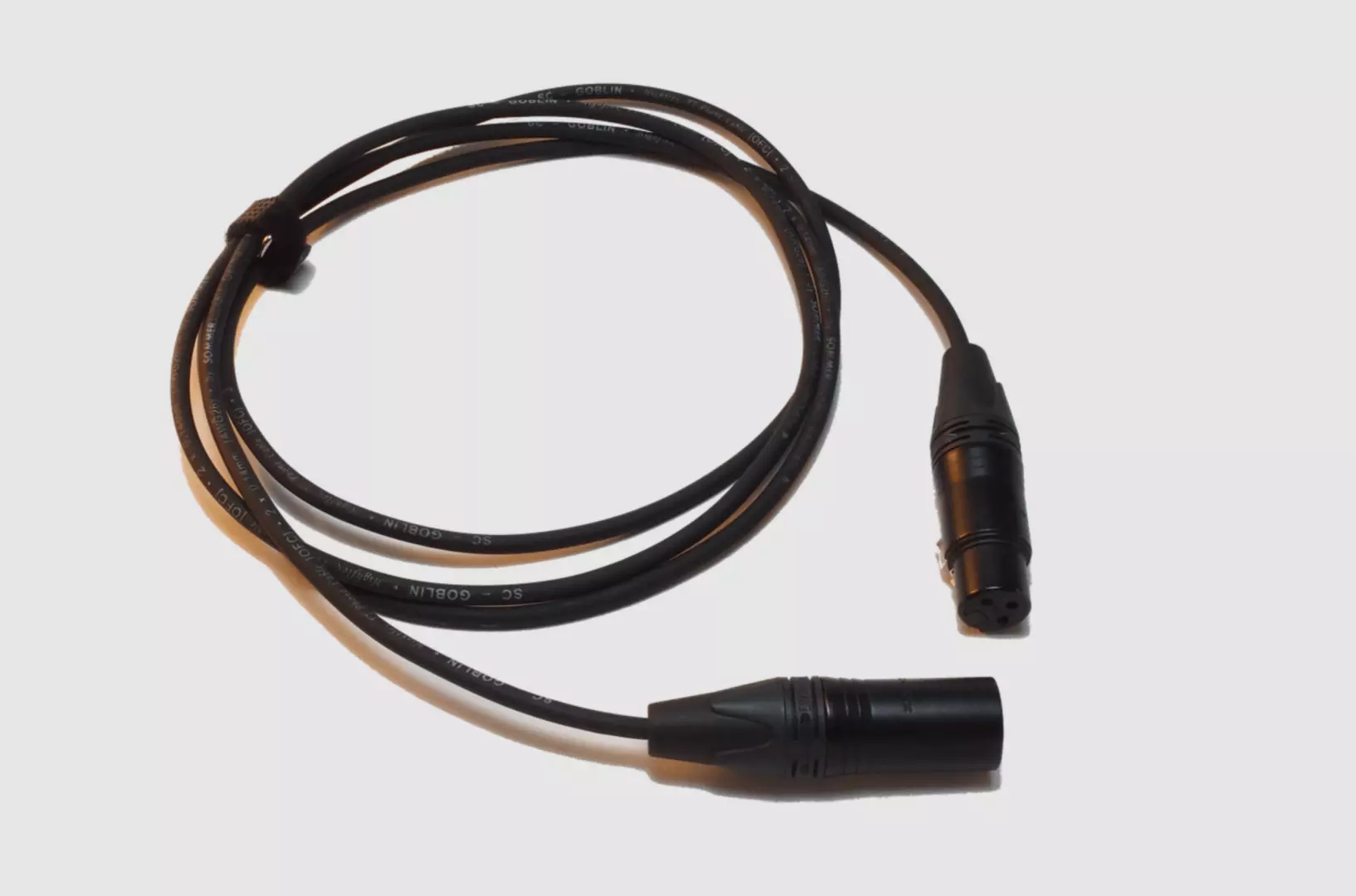Comments
- No comments found

When it comes to audio equipment, there are a lot of different cables and connectors that can be confusing for beginners.
XLR cables are one of the most popular types of audio cables and are used in a variety of applications. This guide will help you understand the basics of XLR cables, as well as some of the factors to consider when choosing one.

XLR cables are most commonly used for connecting microphones to audio mixers or other devices. They are also used in some professional video applications. XLR cables come in a variety of different sizes and can be either balanced or unbalanced. The type of cable you need will depend on the equipment you are using and your specific needs.
For example, if you are using a microphone that requires phantom power, you will need an XLR cable that is capable of carrying phantom power. That means it will need to be a balanced XLR cable.
If you are connecting two pieces of audio equipment, such as a mixer and an amplifier, you will need an unbalanced XLR cable.
The length of the XLR cable you need will depend on the distance between the devices you are connecting. XLR cables are available in a variety of different lengths, from 1 foot to 100 feet.
If you need a longer cable, you can also get an XLR extension cable. These cables are typically used in live sound applications, where the distance between devices can be greater. For example, if you are using a microphone on stage, you will need a long XLR cable to connect it to the mixing board.
XLR cables are available in a variety of different quality levels. The quality of the cable will affect the sound quality and durability. When looking for the right XLR cable, it is important to find one that is made with high-quality materials. One of the most important things to look for in an XLR cable is oxygen-free copper (OFC) conductors. This type of conductor is less likely to degrade over time and will provide better sound quality.
You should also look for an XLR cable that has a low capacitance. This will help to reduce any high-frequency loss. The shielding is also important in an XLR cable. It helps to reduce interference and protect the signal.
If you are using XLR cables for professional audio applications, it is important to get the best quality cables you can afford.
XLR cables have three-pin connectors. The pins are typically color-coded so that you can easily see which one is positive, negative, and ground.
The XLR connectors are also available in a variety of different sizes. The most common size is XLR-3, but you will also see XLR-4 and XLR-5 connectors. The size of the connector you need will depend on the equipment you are using.
When choosing an XLR cable, it is important to make sure that the connectors are compatible with the equipment you are using.
XLR cables are available at a wide range of prices. The price of the cable will depend on the quality, length, and connectors.
If you are looking for a high-quality XLR cable, you can expect to pay $100 or more. For a lower-quality cable, you can expect to pay around $20. The length of the cable will also affect the price. A longer cable will typically be more expensive than a shorter one.
When choosing an XLR cable, it is important to find one that fits your budget and meets your needs. Additionally, you can also find XLR cables that come with a lifetime warranty. This type of warranty can be helpful if you are using the cables for professional applications.
When choosing an XLR cable, it is important to think about how you will be using it. If you need a cable for live sound applications, you will need one that is durable and can handle long distances.
If you are recording in the studio, you will need a cable that is high quality and has low capacitance. This is because you need to preserve the quality of the sound.

When choosing an XLR cable, there are a few things to consider. The most important factors are the length of the cable, the quality of the materials, and the type of connectors. It is also important to think about how you will be using the cable. If you need a high-quality cable for professional applications, you can expect to pay more money. However, if you are only using the cable for a short distance, you can find a lower-priced option.
Leave your comments
Post comment as a guest